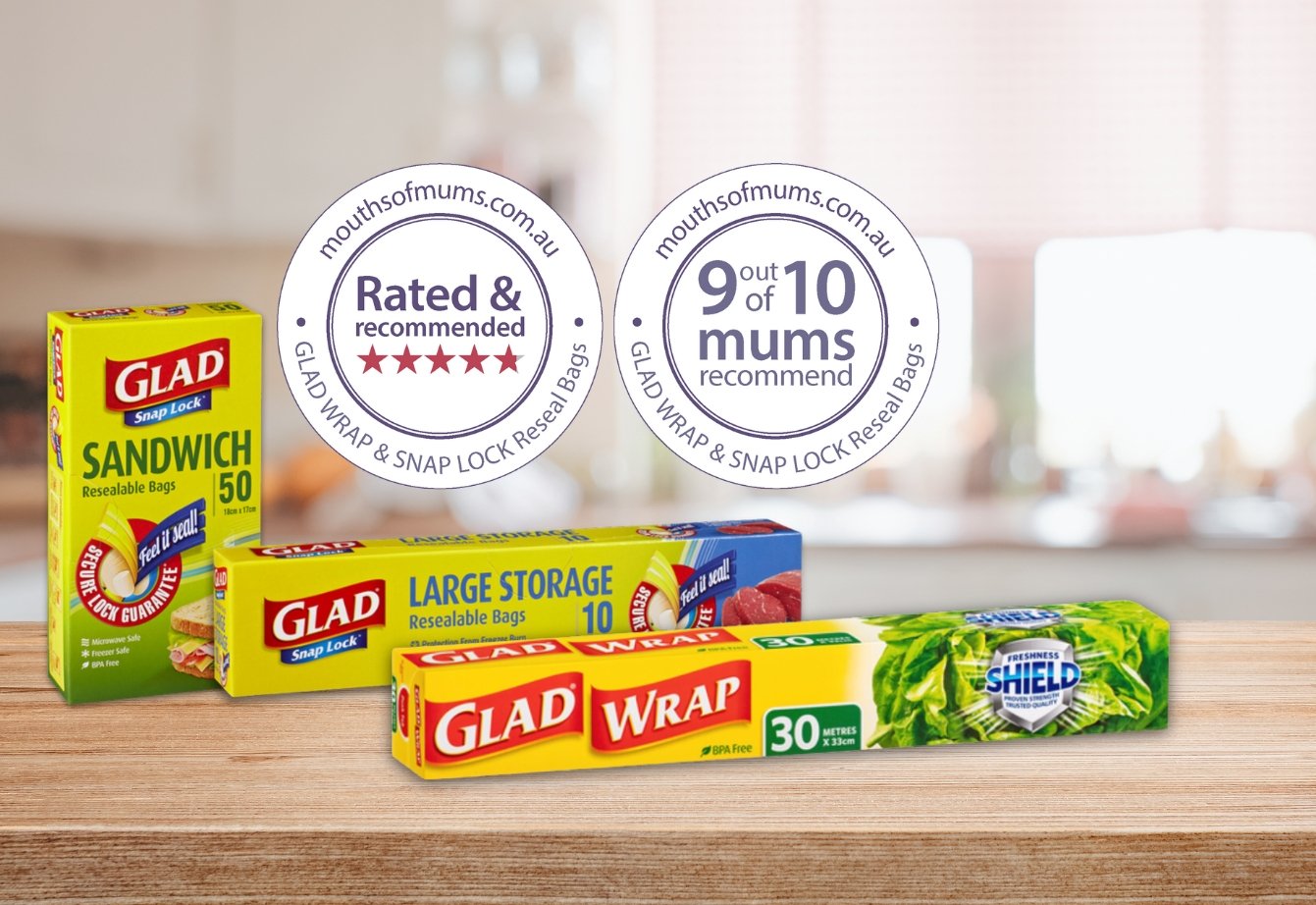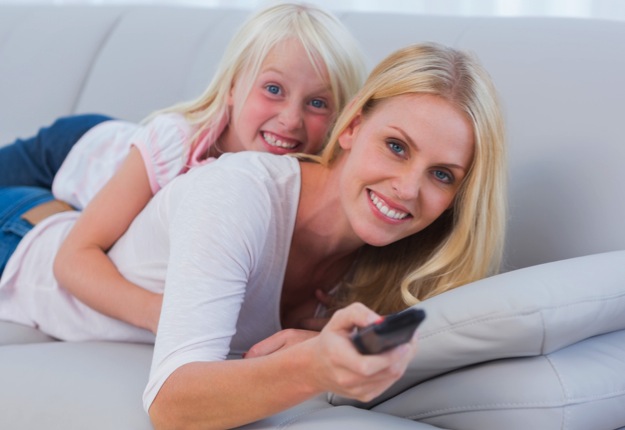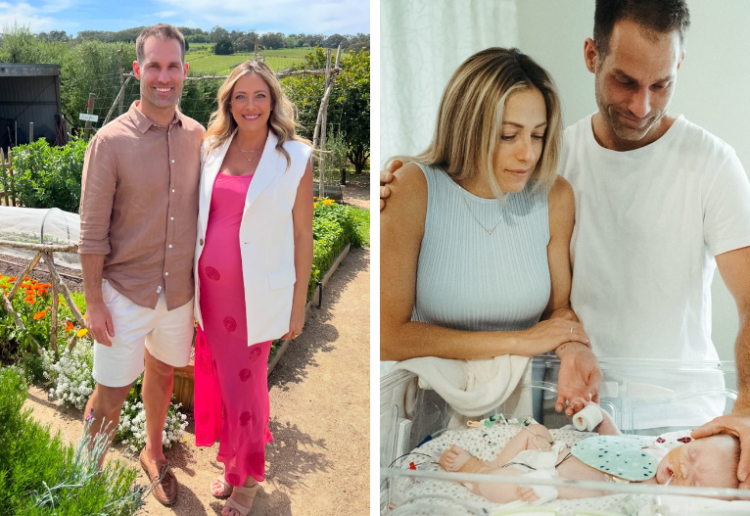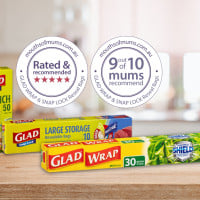You feel guilty when your child watches TV. You’ve heard countless times that “TV is bad for kids.” But sometimes you have no other option than to switch on TV.
I have a confession…
I would never be able to make conference calls without TV. Yes, even as a children’s technology and brain researcher, I admit that my son watches TV. And I DON’T feel guilty about it!
And neither should you.
The good news is that research tells us that young children can actually learn from TV. Phew! As a mum and children’s technology researcher I’m here to tell you that young children can actually benefit from children’s television programs.
Aghhh…your parental, techno-guilt can now dissipate (well until you find something else to feel guilty about).
We have ample research evidence* that confirms that young children can actually learn from appropriate television.
Years of research with Sesame Street and other educational television programs has confirmed that young children, from around 18 months of age, can actually learn from TV.
I’m not denying that excessive amounts of TV, or inappropriate content are unhealthy for children. That is true. Research also confirms this. But well-designed children’s television programs can assist young children’s learning.
Besides appropriate amounts and content, there is also another vital ingredient that children need in order to benefit from TV viewing. And that is ‘story understanding skills’.
A recent study** revealed that young children (aged 3-5 years) with well-developed story understanding skills are better equipped to comprehend the content in educational TV programs and are subsequently more likely to learn from it.
There are two key pieces of information for parents and carers from this study:
- Parents need to select ‘educational’ television programs. As any parent will testify the quality of children’s TV programs varies. Just because it’s classified as a ‘children’s television program’ doesn’t mean it’s necessarily ‘educational’ (nor does it guarantee quality). ‘Educational’ children’s television programs are slow-paced, repetitive, elicit interaction and follow a simple story structure. Think Dora the Explorer, Play School and Sesame Street.
- Parents, teachers and carers also need to build young children’s story understanding skills. This is the vital ingredient for young children to benefit from television viewing.
So what are ‘story understanding skills’?
‘Story understanding skills’ is the knowledge that stories have a predictable structure. Basically, it is an understanding that stories have a beginning, a middle and an end. An ‘orientation’, a ‘complication’ and a ‘resolution’.
When young children have well-developed story understanding skills they can use this as a mental scaffold. This scaffold allows them to ‘hang’ new information and ideas on when they are watching television programs.
Basically, story understanding skills allow young children to make sense of what they see on television screens.
How Can Parents Develop Young Children’s ‘Story Understanding Skills’?
- Talk with your child before, during or after they have watched children’s television programs. This is called co-viewing and we know that this enhances learning with TV. Talking about children’s television forces them to think about the program and not sit there like a ‘digital zombie’.
- Read books with your child. Regularly. Have them identify the problem and resolution in the book. Talk about how the problems were resolved.
- Relate what they see on TV to real-life situations. For example, a character in a story may have felt frustrated and you can relate the character’s feelings to your child’s feelings in real life. This helps to make learning authentic and encourages children to translate what they have seen on-screen to their real life.
So the next time that someone gives you a disapproving look when you say that your child watches TV, you can grin and feel confident knowing that you are not ‘harming’ your child.
In fact, you can hold your head high knowing that your child is likely to be benefiting form television time, especially if you ensure that they have the ‘vital ingredient’.
Tell me in the comments below, do you think your children actually learn from educational TV? What programs do your children watch?




















2:50 pm
3:13 pm
12:45 pm
8:04 pm
4:46 pm
4:49 pm
11:19 am
2:01 pm
12:15 pm
10:03 pm
10:35 am
6:47 pm
7:47 am
12:59 pm
12:06 am
1:42 pm
6:48 pm
9:31 pm
1:07 pm
9:15 am
- 1
- 2
- …
- 4
- »
Post a commentTo post a review/comment please join us or login so we can allocate your points.